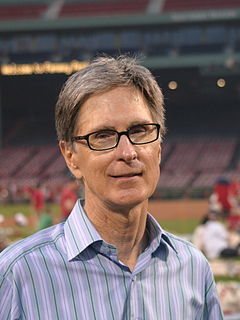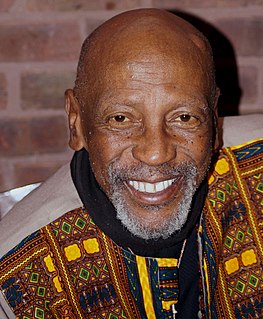A Quote by Marcus Tullius Cicero
There is no statement so absurd that no philosopher will make it.
Quote Topics
Related Quotes
Men are not philosophers, but are rather very foolish children, who, by reason of their partiality, see everything in the most absurd manner, and are the victims at all times of the nearest object. There is even no philosopher who is a philosopher at all times. Our experience, our perception is conditioned by the need to acquire in parts and in succession, that is, with every truth a certain falsehood.
Rationally considered, nothing can be more absurd than the baptism of infants under any circumstances. No statement, no matter by whom it may be said to have been uttered, can make that true which is radically false. If an innocent child, unconscious of good or evil, irresponsible to God and man, incapable of thought or action, is not already, in accordance with Christian theology, a member of Christ, then no vicarious promise or priestly ablution can make him one. For if this were so, a similar ceremony under devil worship could make him a member of Satan.
I have always taken as the standard of the mode of teaching and writing, not the abstract, particular, professional philosopher, but universal man, that I have regarded man as the criterion of truth, and not this or that founder of a system, and have from the first placed the highest excellence of the philosopher in this, that he abstains, both as a man and as an author, from the ostentation of philosophy, i. e., that he is a philosopher only in reality, not formally, that he is a quiet philosopher, not a loud and still less a brawling one.










































